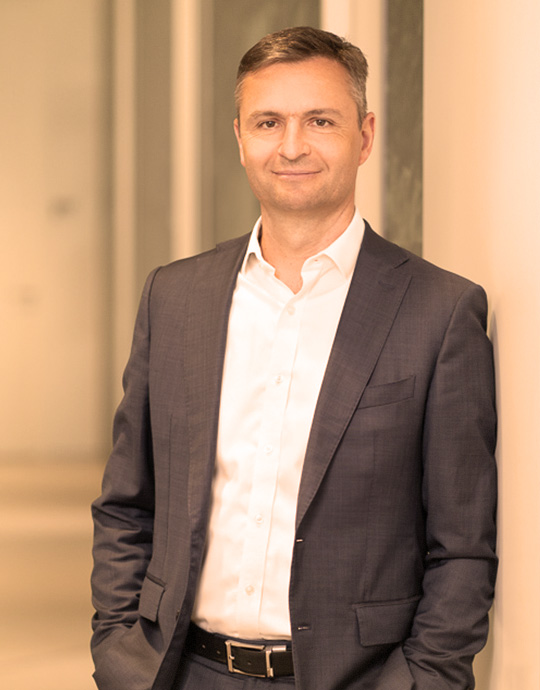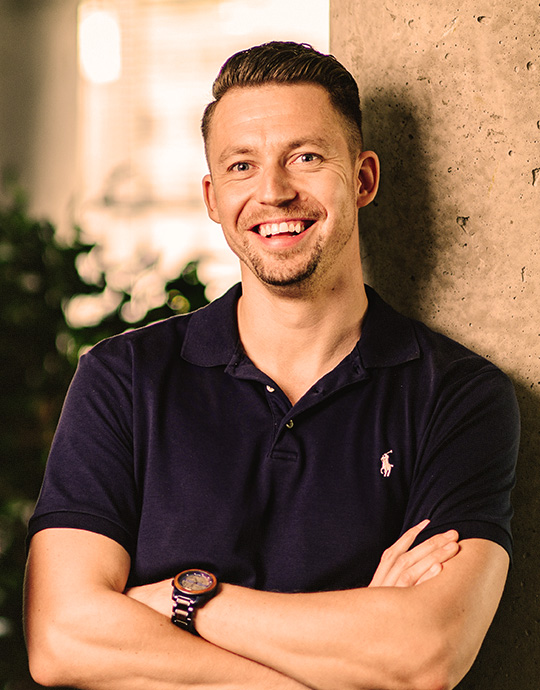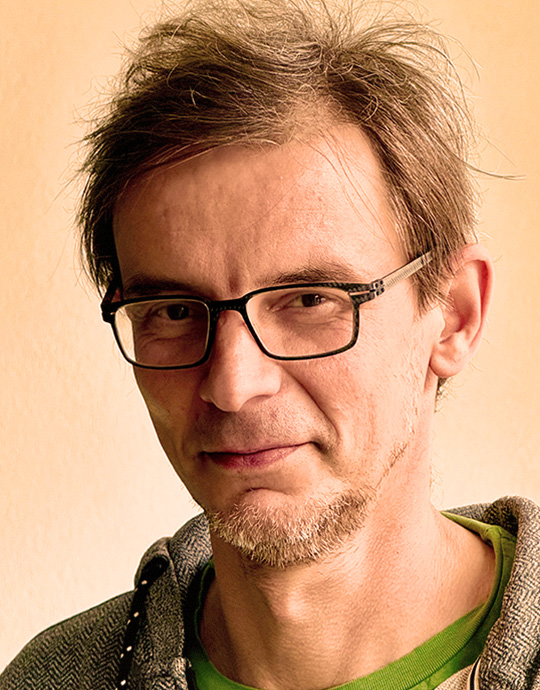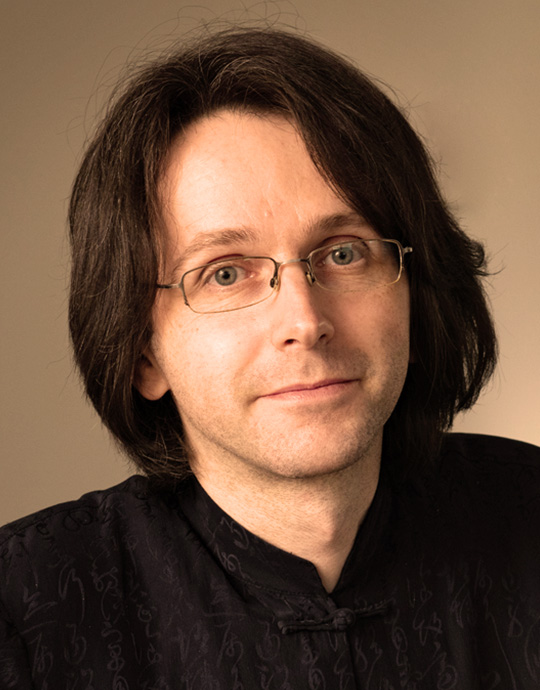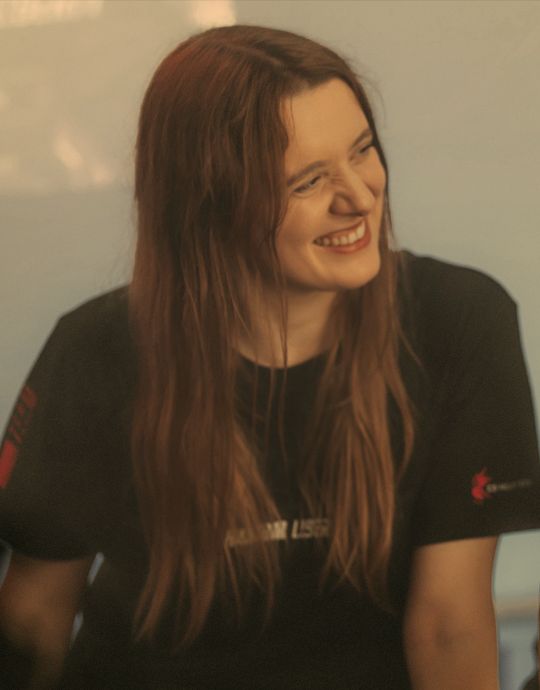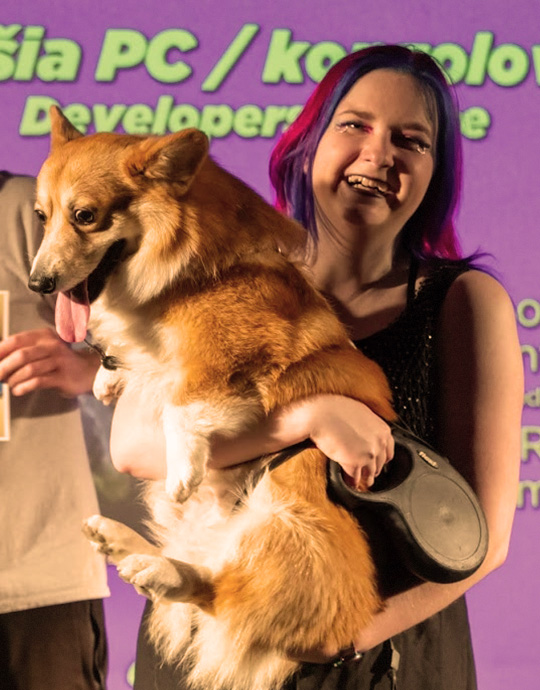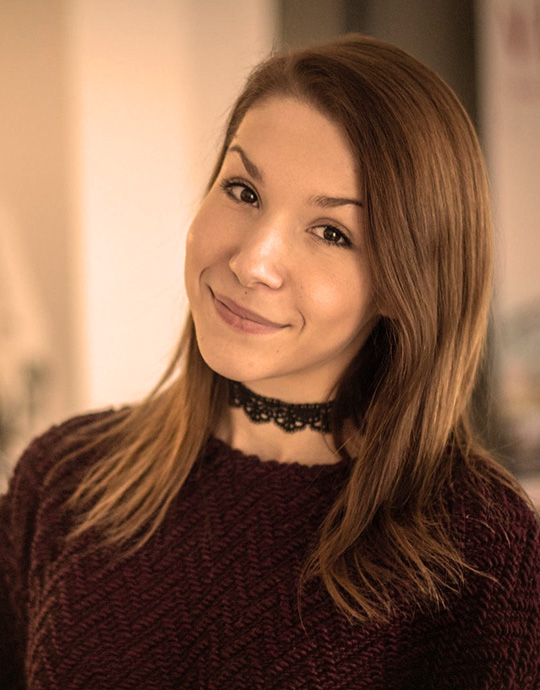
Sessions
Summit
Stage
Track
Friday | Day #1 - 6. 6. 2025
Learnings on making games and building teams
Louis will share his carrier journey and lessons learned along the way building games over 40+ years from two guys in a garage to 100+ member teams.
Speaker: Louis Castle (CEO, Game Director, Childlike Wonder Games)Stage: Cathedral stage
Time slot: 45min


Concept to Launch: Navigating the Game Production Process
Have you ever wondered what happens behind the scenes to make some of the world's greatest video games? In this talk, Pokémon Game Production Manager / Riot Games veteran Victoria Caña will shed light on the concept-to-launch game production process to help you navigate creating your own video game, whether big or small.
Speaker: Victoria Caña (Manager, Game Production, The Pokémon Company International)Stage: Cathedral stage
Time slot: 45min


How to design multiplayer combat spaces
In the last couple of years, I was blessed with the opportunity to work on Vigor, a third-person multiplayer shooter. I learned a lot, I did my best, and I took a ton of notes along the way.
Let me share with you some of my observations and methods that helps me in my design process.
Currently, the talk has two parts. The first focuses on a high-level layout. What that is, how it looks, what patterns we can see repeating across different games, and how to design one.
The second part is about cover distribution. What types of covers are usually present in a game, and how to mix them to provide a variety of choices to the player.
Stage: Stage #04
Time slot: 45min


Working as 3D Character Artist for small indie studios
While there’s plenty of content out there about being a lead at big studios, there’s far less on what it takes to create something decent in teams where job titles blur and resources are tight. In this talk, I’ll share what it’s like to work as a 3D character artist in small indie teams—from wearing multiple hats to adapting on the fly. I’ll walk you through my current workflow, from sketch to game-ready models, using examples from projects I’ve worked on and I will share tips I have learned along the way. This lecture is for beginners, indie devs looking to understand the character art pipeline, or artists curious about what this path actually looks like.
Speaker: Veronika Levitner (3D character artist, Perun Creative)Stage: Stage #06
Time slot: 45min


Supercharging Game Development with AI Agents
Did you ever dream of describing a bug and having it automatically fixed by AI? In this session you'll learn how you can supercharge Unity game development by integrating AI agents like Cursor and Windsurf to autonomously generate, compile, test, and even self-debug code.
Speaker: Adam Kapos (Lead Architect, Yousician)Stage: Stage #03
Time slot: 45min
Summit: Future Tech Summit
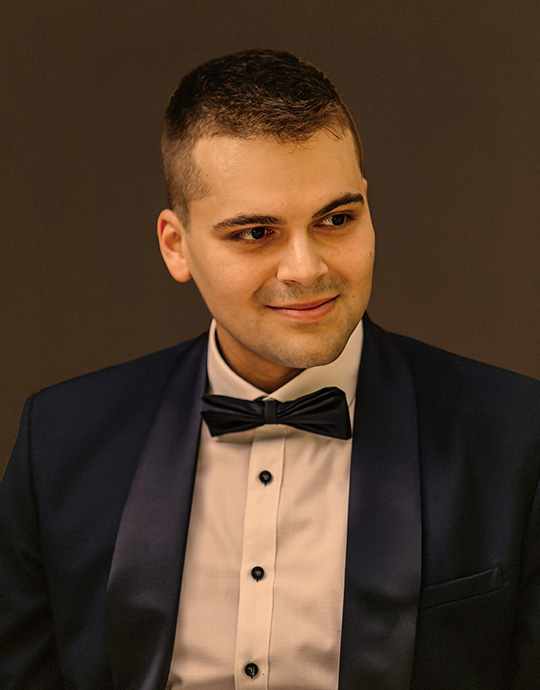

Com'mu'ni’cate - How we do it at Mi'pu'mi
Effective communication is the key ingredient that makes game development not just successful, but truly extraordinary. This talk dives into the heart of why communication matters so much at every stage of game creation. We'll explore the magic behind practices like streamlined meetings, seamless onboarding, insightful note-taking, and the art of daily updates. From emails to instant messages, we’ll uncover how each form of communication plays a crucial role in shaping a smooth, cohesive development process.
Speaker: Jakub Pander (Producer, Mi'pu'mi Games)Stage: Stage #03
Time slot: 25min
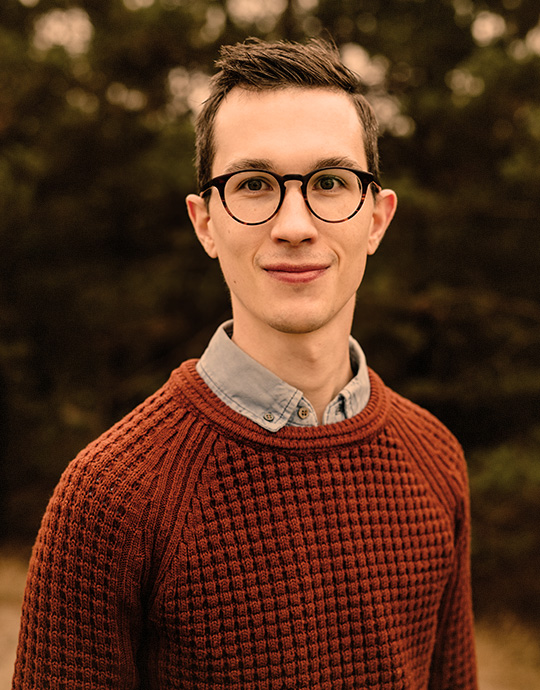

EU Funding for Video games
Creative Europe MEDIA - Support for Video games and Immersive Content Development Creative Europe is the European Union programme providing support to the culture and audiovisual sectors. The MEDIA strand supports the development of films and video games, TV productions and online formats, distribution, film festivals and markets, training programmes for audiovisual professionals, cinemas and VOD platforms. What are the funding opportunities available to developers and professionals from gaming industry? What projects are eligible to receive support and under which conditions?
Speaker: Anna Bartošková (Coordinator, Creative Europe Desk CZ MEDIA)Stage: Stage #06
Time slot: 25min


Designing In-Game Posters with Intention
A 90-minute concept art exercise focused on creative thinking and immersion. Using basic drawing skills in Procreate on iPad, you’ll explore how to design compelling in-game ads by thinking through the narrative logic behind items, interactables, and posters—perfect for sharpening worldbuilding instincts.
A few iPads will be ready for you. If you have your own, please bring it to the workshop. You will draw in Procreate.
Stage: Stage #07
Time slot: N/A
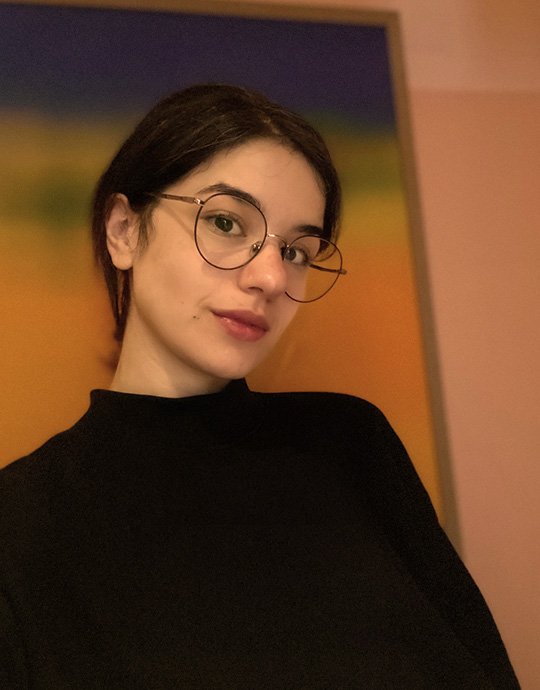

How to create lasting engagement
I will talk about practical experiences from developing free-to-play games and building a strong community.
The presentation focuses on player motivators, the importance of listening to the community, collaboration between designers and community managers, and using data to create meaningful events.
I will show that the key to retention is the joy of the game, the constellation of the right approaches, and the willingness to learn from players — but also knowing when to (not) listen.
Stage: Cathedral stage
Time slot: 25min
Summit: Mobile GameDev Forum


Legal 101 for Indies: Legal Pitfalls That Can Kill Your Game
Legal topics aren’t just for the big studios. Indie developers also face legal challenges, as issues like game rights, consumer protection, and regulatory compliance apply to everyone – regardless of studio size. The good news? Legal doesn’t have to be a roadblock - it can actually help bring your creative ideas to life safely and confidently.
Join indie developer Patrik Medek (Space Aces) and junior associate Nikita Fesyukov from HAVEL & PARTNERS for a relaxed, practical conversation about how smart legal preparation can support your game’s growth. From handling player terms and refunds to running tournaments with real prizes, you’ll hear how a few well-placed legal tools can make ambitious features possible – without overwhelming your project.
Stage: Stage #05
Time slot: 25min
Summit: Temple of Law




The Power of Buttons: How Interfaces Shape Game Immersion
In this session, we will explore game immersion, revealing how even seemingly minor UI elements — like buttons — can be essential in setting the game's mood. Drawing from research on player responses to interfaces, we will present 12 techniques for using buttons effectively in games, illustrated with examples from World of Tanks. Whether you're a designer, developer, or just curious about game psychology, this session will change the way you click the next time you play.
Speaker: Lucia Magáthová (UX Designer, Wargaming)Stage: Stage #04
Time slot: 45min


Tilting At Windmills: The Quest for Better (Narrative) Quest Design
From writing on Wizard101 to Assassin’s Creed (and other Ubi titles), narrative design works best when it is married to all elements of the game. In this talk, I turn a critical lens to narrative quest design. What works and what doesn’t. Why do we sometimes feel like we’re stuck in a never ending loop of killing ten rats to prove we are the chosen one?
In development, narrative is the cheapest way to add retention. It's a key element in helping an IP break out past the traditional bounds of gaming and yet it's frequently relegated to being delivered in the same ways we've delivered narrative for a hundred years.
There have been enormously innovative games in the past decade, and it behooves us to try to identity what works best (and what works well enough when we don’t have a budget for “best”), and what old, bad habits we should try to avoid.
Stage: Cathedral stage
Time slot: 45min
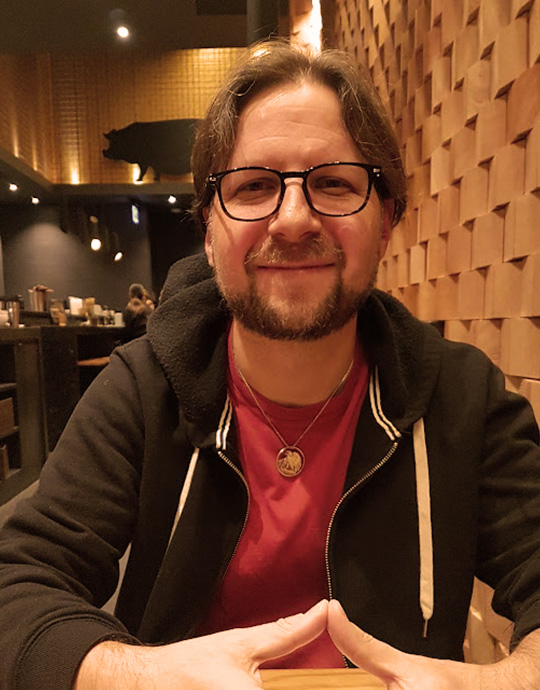

Behind the Scenes: How PowerPlay Studio Created the Official Tour de France Mobile Game
Connecting Brands with the Gaming Industry in Practice
A brief summary of the current crisis in the gaming industry. Brand marketing as a major opportunity for game studios. Our journey to connect games with brands — the challenges we faced and the successes we achieved.
Stage: Stage #03
Time slot: 45min


Feeling the Game: AI-Powered Emotions in Adaptive RPG Dialogues
How can AI make game dialogues feel more natural, expressive, and truly responsive to player intent? This talk explores the power of affective computing and sentiment analysis in RPGs, demonstrating how AI can interpret player input—not just in terms of what is said, but how it is said—to create more immersive and dynamic conversations. We’ll break down traditional and modern AI techniques in games, from behavior trees and reinforcement learning to generative models, and examine their strengths and limitations in building interactive narratives.
A key focus will be on 'constrained freedom'—a balance between rigid dialogue choices and unrestricted text input. While total freedom may seem ideal, it often leads to incoherent NPC responses, narrative inconsistencies, and technical challenges. Constrained freedom offers a structured yet expressive way for players to interact, allowing AI to analyze sentiment and tone while maintaining meaningful, story-driven exchanges.
Beyond the technical aspects, the session will address real-world implementation challenges, ethical considerations, and the future of AI-driven storytelling. Designed for developers of all backgrounds, this talk presents machine learning in an accessible and practical way, showing how AI can enhance player-driven narratives without requiring deep expertise in the field.
Stage: Stage #06
Time slot: 45min
Summit: Future Tech Summit


Keeping Players Safe: Current Regulation Trends in Gaming
Games are under growing scrutiny - not just from players, but also from lawmakers and platforms. Developers increasingly find themselves navigating a complex and evolving regulatory maze – whether it’s rules on virtual currencies, online safety requirements, or restrictions on dark patterns.
Our panel will unpack how what specific red flags regulators and platforms are currently watching for, and how developers can stay compliant without compromising their game design. We’ll also explore what new obligations are on the horizon in the EU and other key markets - so you know what to expect and how to prepare.
Stage: Stage #05
Time slot: 45min
Summit: Temple of Law
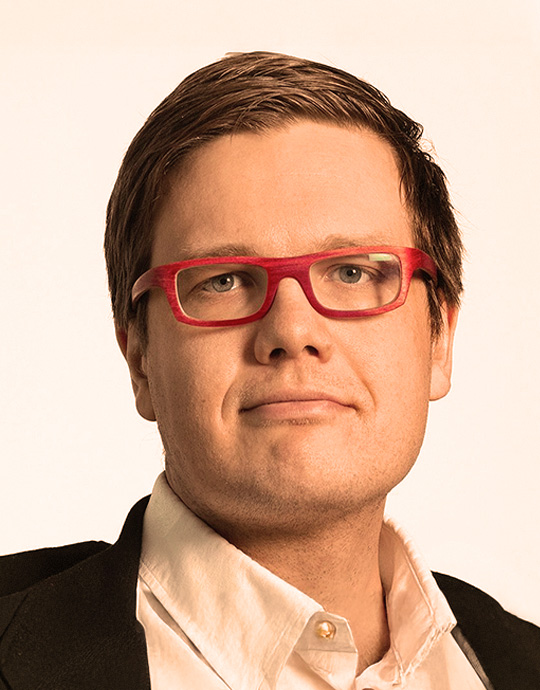



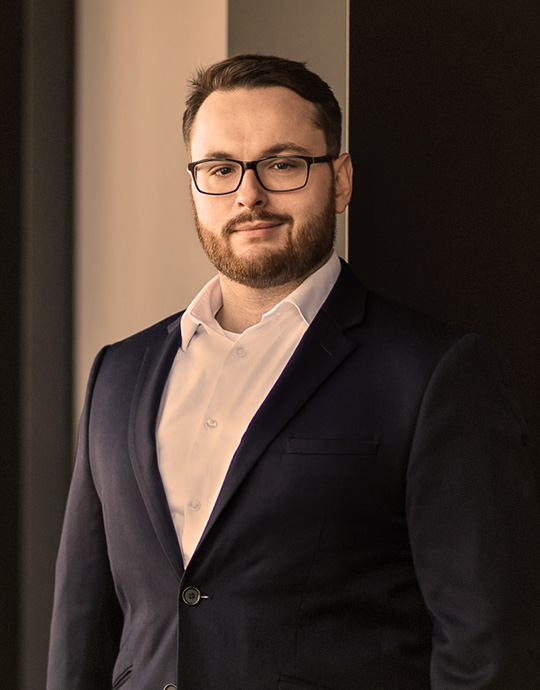





Things You Don't Know About Your Lead
Many people dream of a leadership role, but do we really know what it involves? In my panel I would like to talk about my journey from a developer to a team leader and how my scope changed from coding to taking care of Techland's tool team. Would like to look under the surface of the common beliefs about what leadership is about and talk about challenges, and struggles but also its most rewarding moments.
Agenda:
Introduction - who I am and what is my gamedev career path, from tester of some small games, through gameplay programmer, finishing as tools programmer and then transitioning to a leadership role.
Why being team lead is difficult - after working as a programmer where your work was mostly focused on dealing with code, now you are dealing with other people. Not coding as much as you used to and doing things that seem to be invisible. It’s daunting and you feel like a fraud. But it gets better… a little bit.
Why being team lead is rewarding - you can help your team members grow. You see how they evolve in their careers, how they become more open and brave with taking new challenges. You see how they blossom from just coders to people with initiative that bring more and more great ideas to the table. All invisible work that we do is well worth it.
Technical background - why it makes things simple and why it makes things more difficult
First weeks of leadership - what to do now?
Soft skills - it’s easy but… it’s not. I’ve read many books and listened to multiple podcasts but faced with real life scenarios you can never be prepared. Impostor syndrome never helps but as the time passes you understand it more and more that you cannot control everything.
3 years later - where I am now and how the perception of my role changed over the course of the last 3 years. What I did wrong and what I’m still trying to improve."
Stage: Stage #03
Time slot: 45min


City Building Workshop
Join your peers and game urbanist Konstantinos Dimopoulos in a world-building workshop, and collaboratively create an imaginary city. Pens, pencils, paper, and online whiteboards will all be used to construct and flesh out a city that has never existed before; a city that will be able to fit perfectly into a game.
Please bring your laptop to this workshop.
Stage: Stage #07
Time slot: N/A
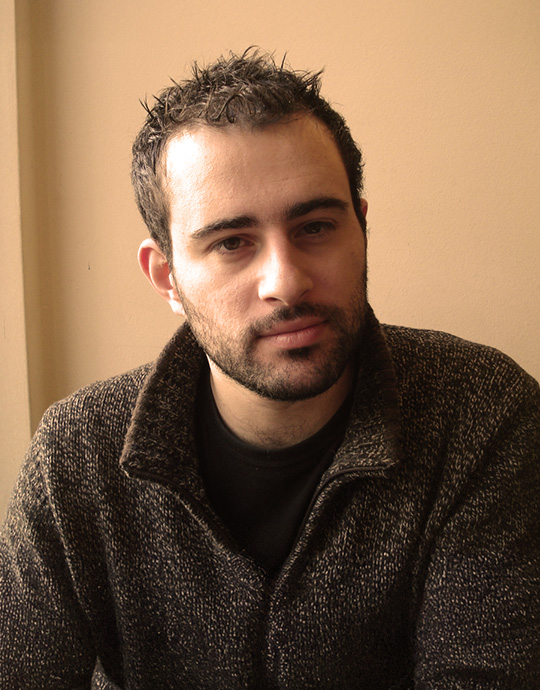

QAs are not the designers! (or are they?)
After spending countless hours, meticulously perfecting every detail of a level, quest, mechanic or any other wonderful creation, proud of your achievement, you open your in-box and see a notification form a bug tracking software. QAs once again found something. As you open the report, you see that it isn't about a missing feature or a bug, the report simply states "it would be more fun if this was done another way".
This talk is specifically focused on dealing with and avoiding situations just like the one described above. We will focus on the dynamic between people in the Design Team and the QA Team, especially the communication aspect of their work. The main goal of this talk is to show the perspective of both sides of this cooperation, so that everybody will be able to better understand each other's motivation and methods of reaching the common goal and creating the best game.
Stage: Stage #06
Time slot: 45min


Optimizing a Large-Scale Open World in Kingdom Come: Deliverance II
Kingdom Come: Deliverance II features a vast open world filled with dense forests, bustling medieval towns, and highly detailed environments. One of the most demanding locations is Kuttenberg, which posed a significant challenge not only for designers but also for programmers, as it became the most performance-intensive area in the game. In this talk, we will cover our approach to optimizing such large-scale environments, how we achieved Performance Mode on PlayStation 5 and Xbox Series X across a wide range of gameplay scenarios, the challenges we encountered on both the CPU and GPU, and the solutions we implemented to reach 60 FPS on consoles.
Speaker: Daniel Hanák (Rendering Programmer, Warhorse Studios)Stage: Stage #04
Time slot: 45min
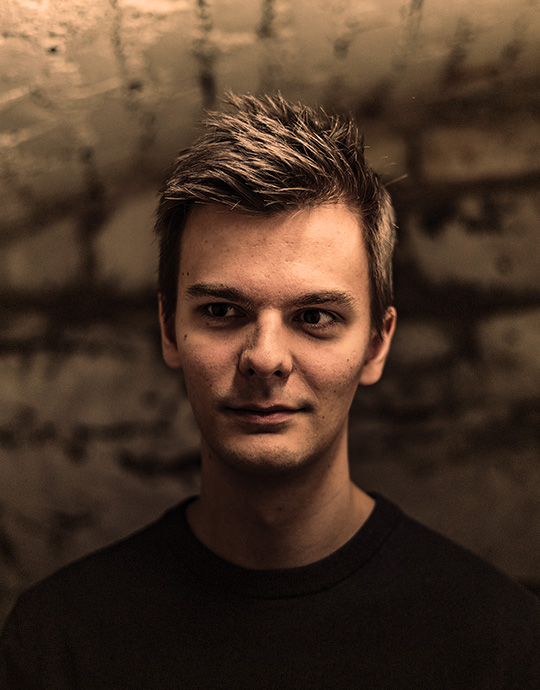

Fireside chat with Oleksii
Fireside chat with Oleksii Sytianov, lead game designer, scriptwriter and worldbuilder of S.T.A.L.K.E.R.: Shadow of Chernobyl.
Moderator Zdeněk Záhora
Stage: Cathedral stage
Time slot: 45min
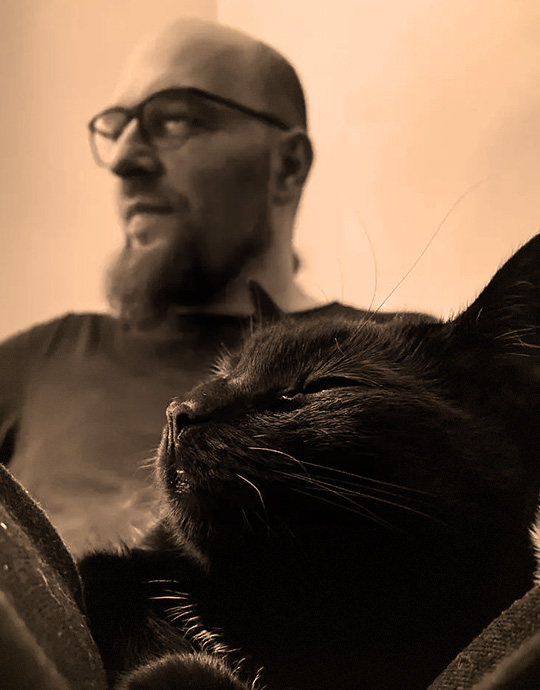

AI & Creativity: Game-Changer or Legal Minefield?
AI is shaking up how games are made - from writing dialogue and designing characters to composing music and building entire worlds. But with new tools come new legal and ethical puzzles. Who really owns AI-generated content? How the new AI regulation affects game developers? How to leverage AI effectively while minimizing legal and regulatory risks?
This panel will explore the dynamic intersection of AI, creativity, and the law. Join us for a candid discussion on how studios like CD Project Red or Wargaming are integrating AI tools into their workflows, the legal frameworks that govern their use, and how to stay compliant without stifling innovation. Whether you’re enthusiastic or apprehensive about AI, you'll walk away with practical insights on how to harness its potential safely, ethically, and within legal boundaries.
Stage: Stage #05
Time slot: N/A
Summit: Temple of Law


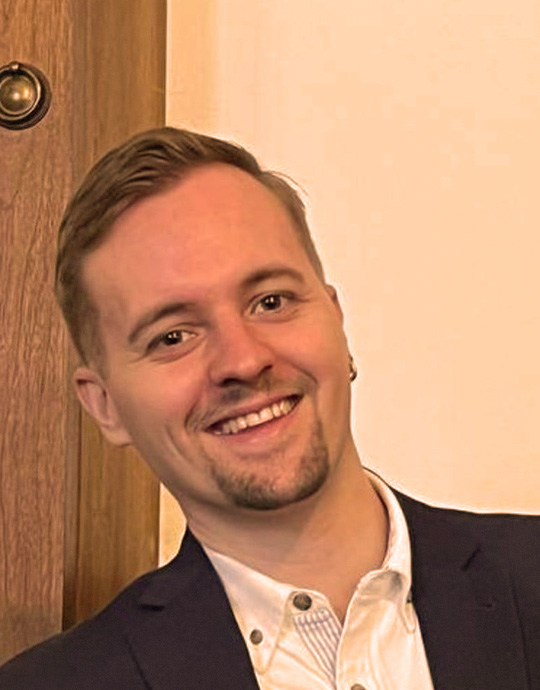

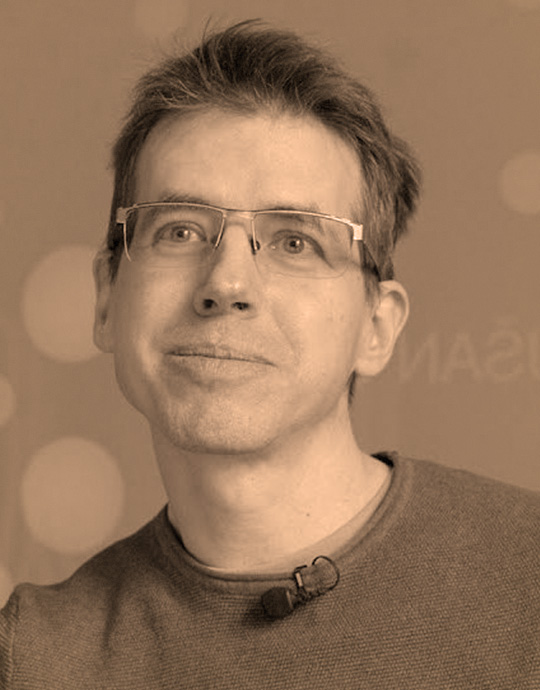

The Myths and Realities of Design Leadership
Human beings tell stories, not just about art and entertainment, but about their careers and relationships. Creative leadership, how to successfully guide a creative team to success, is also subject to this kind of myth making. Game designers who aspire to leadership often find that the reality is very different from the stories they heard or told themselves. In this session, we will break down why this happens. Why do we make up myths about how creative leadership works, and what are those myths trying to tell us?
Speaker: Will Shen (Lead Designer, Unknown Worlds)Stage: Cathedral stage
Time slot: 45min


Beaver on the Train: A story of modding support in Timberborn
A vibrant modding community is a dream for many developers. It enhances a game's longevity and playability. For us, it was an organic process: the community began creating mods for Timberborn on their own. However, at a certain point during our Early Access journey, we decided to step in and provide native modding support. In this talk, I will walk you through how the process unfolded and how I became a modder myself.
Speaker: Marcin Wierzchoś (Programmer, Mechanistry)Stage: Stage #06
Time slot: 45min
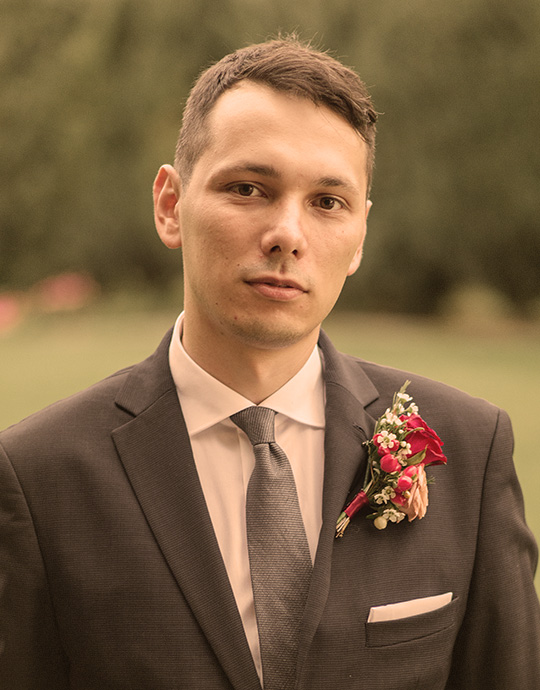

Jazz up your graphics with Unity 6!
You like it when it's beautiful and it plays fast? Learn step by step how to optimize rendering and push visual fidelity leveraging both long standing and the latest features of Unity. Get tips, tricks, benchmarks, demos as well as updates on the newest versions, applicable to both mobile and PC/Consoles projects.
Speaker: Mathieu Muller (Lead Graphics Product Manager, Unity Technologies)Stage: Stage #03
Time slot: 45min


Lessons learned from implementing AI into AAA games
Designed for studios eager to experiment with AI, this session traces Kapnetix’s evolution, from our 2021 R&D partnership with 2K Games to building an AI mocap editing platform in 2023. We go into detail on how we objectively evaluated our results or how we launch and run new research initiatives like our high-quality mocap using off-the-shelf cameras.
Speaker: Johny Darkwah (Co-founder & CEO, Kapnetix)Stage: Stage #04
Time slot: 45min


Get Rich or Die Trying: Funding Your Game the Smart Way
Dreaming of turning your next project into the next breakout hit – but wondering how to actually fund it? From bootstrapping and Early Access to securing major investment or publisher deals, today’s game studios have more funding paths than ever before. However, every option has its pros and cons, and taking the wrong turn could cost you more than you think.
In this session, you’ll learn how publishers, investors, and even government programs can support (or complicate) your studio’s growth. Whether you're seeking your first round of funding or mapping out a long-term growth strategy, this session will equip you with practical insights to turn your dream project into reality.
Stage: Stage #05
Time slot: 45min
Summit: Temple of Law
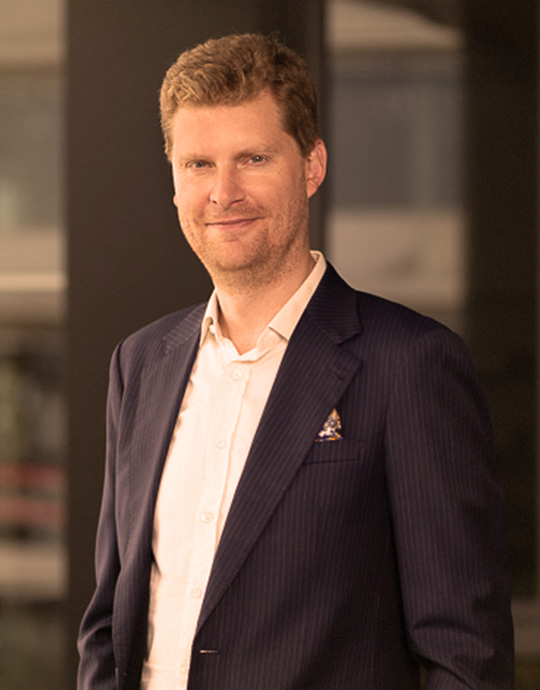

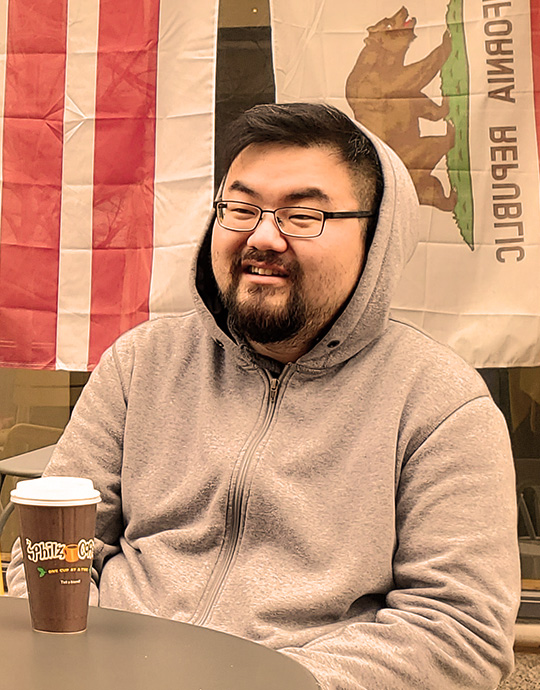

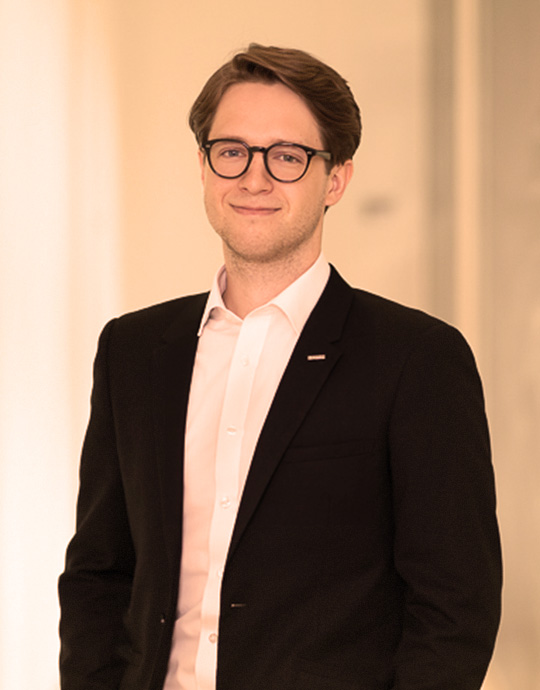

Using Ai in game video and graphics.
I'll show video case studies, current trends and some prediction of where ai for creatives will evolve.
Speaker: David Spáčil (CEO, Pravidla se změnila)Stage: Stage #06
Time slot: 45min
Summit: Future Tech Summit


Indie Pitch
Ambitious teams from our Indie Showcase will be presenting their projects to a panel of jurors and to you as well. Come support them and learn more about the development of their games!
Speakers: Radosław Klasa (Technical Designer, Sperasoft), Valentina Birke (Director Indie Arena Booth, Super Crowd Entertainment), Hans Haave (Lead Publishing Producer, Oro Interactive), Matthes Lindner (Acceleration Manager, Spielfabrique), Vladimir Gersl (CEO, Cyber Sail Consulting)Stage: Stage #03
Time slot: N/A










How to create unskippable cutscenes
How did we create cinematics for Kingdom Come: Deliverance 2? What was the artistic, production and technological process? How we made linear cinematics work in open-world game? And what makes them fun to watch? From screenplay to final touches, presentation about adventurous creative process of KCD2 cinematics.
Speaker: Petr Pekař (Lead Cinematic Designer, Warhorse Studios)Stage: Cathedral stage
Time slot: N/A
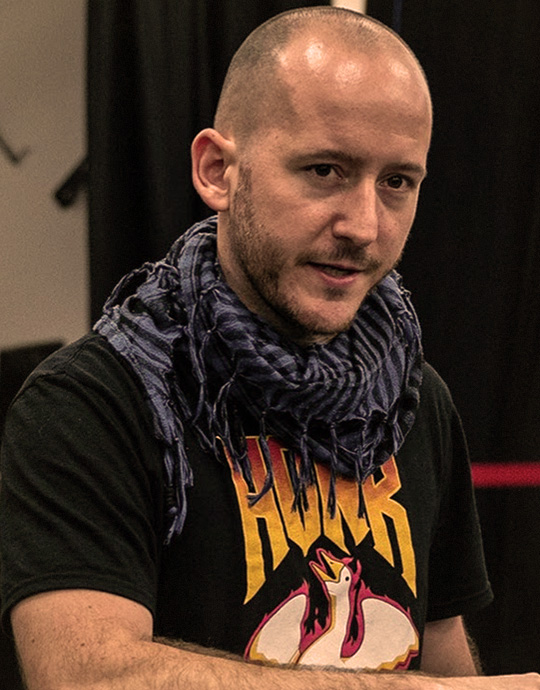

Building Massive Game Worlds: Procedural Generation and Optimization with Houdini
In this presentation, Artur will share a behind-the-scenes look at the ambitious process of generating and optimizing a vast 4000km² game world for the Train Life game. Building on the previous session's focus on terrain and building generators, Artur will guide us through the advanced techniques and tools developed to bring this immense world to life on the Nintendo Switch.
He'll touch upon the innovative use of Houdini-based tools to create detailed landscapes and how World Composition was leveraged to craft seamlessly connected world tiles. Artur will explain the strategic implementation of 'corridors' blueprints for efficient level design and art, which proved crucial in managing such a large environment.
A significant part of the talk will be dedicated to the intricate optimization process. Artur and his team faced the colossal task of compressing the game data from 100GB to a mere 6 GB. He'll share their journey through this 'post mortem' of sorts, revealing the challenges and solutions encountered in maintaining the integrity of the game world despite the substantial data reduction.
Attendees will leave with a comprehensive understanding of high-level game world creation, the power of procedural generation, and practical insights into making expansive virtual environments viable on consoles with limited storage capabilities.
Stage: Stage #04
Time slot: N/A


Press X to Accept: Licensing in Gaming
Big names. Big brands. Big risks. Behind every iconic character cameo, hit soundtrack, or real-world brand placement in games, there’s a web of complex licensing deals that make it happen - or stop it dead in its tracks. Whether you’re dreaming of celebrity endorsements, memorable crossovers, or adding that perfect song to your game’s most emotional moment, navigating the licensing world is both an art and a legal battlefield.
In this session, we will pull back the curtain on how these deals really work. You’ll hear what it takes to negotiate with Hollywood talent and how smart studios turn brand collaborations into headline-grabbing successes. Expect candid stories, practical advice, and a few cautionary tales about what happens when the paperwork doesn’t quite match the creative vision.
Stage: Stage #05
Time slot: 45min
Summit: Temple of Law






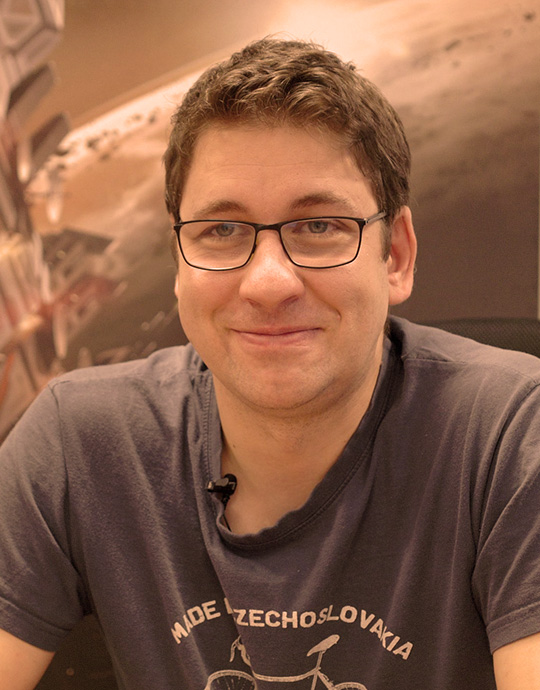

Saturday | Day #2 - 7. 6. 2025
Narrative through music
Jan will talk about his composing work for Kingdom Come: Deliverance I & II. How the dramaturgical decisions for a soundtrack in a vast, open-world RPG game are made, what are the musical elements which deliver the information to the player, how the storytelling in cutscenes is supported by the use of leitmotifs in music… and also how to put an entire medieval town of Kuttenberg into a musical score.
Speaker: Jan Valta (Lead Composer, Warhorse Studios)Stage: Cathedral stage
Time slot: 45min


Mind Games: A Psychological Approach to Game Design
Great games move us emotionally, but creating these feelings isn't magic – it's psychology. Learn how understanding human emotions can transform you into a better game designer. We'll look at practical techniques for crafting powerful emotional experiences and explore why certain gaming moments stay with players forever.
Speaker: Adam Mirkowski (Senior Game Designer, 11 bit studios)Stage: Stage #03
Time slot: 45min


Unique F2P monetization strategies
As the free-to-play (F2P) market evolves, traditional monetization strategies like in-app purchases and ads are no longer enough to stand out. This session dives into unique and innovative monetization approaches that push the boundaries of what’s possible in F2P games. From ads integrated into the game world to Web3 technologies like NFTs and blockchain, brand partnerships, audio ads, and more, we’ll explore creative pathways to unlock new revenue streams. Drawing from my extensive experience in F2P game production, I’ll share practical insights, real-world examples, and my personal opinions on these strategies' effectiveness.
Speaker: David Vykopal (Producer, NOXGAMES)Stage: Stage #05
Time slot: 45min
Summit: Mobile GameDev Forum


Nodes and Native Code: DECIMA's Visual Programming for Every Discipline
All games contain scripted logic, yet not every developer has an affinity for code. A visual programming framework can unlock a world of productivity for a wide range of developers, if the user experience is smooth enough. It can be used by multiple engine systems and doesn't have to come at the cost of performance.
In this session, Bryan Keiren, Principal Game Tech Programmer at Guerrilla, will tell you about how a visual programming framework for audio scripting became a blueprint for visual programming in other subsystems of Guerrilla's DECIMA engine such as animation, game logic, and shaders. The audience will be guided through which features helped to achieve fast creation and iteration times, how it enables content creators to independently debug their content, how the framework has scaled to multiple engine systems, and how it supports developers of all disciplines to code without writing code.
Stage: Cathedral stage
Time slot: 45min


Wwhat's Wwise: Crafting Immersive Audio, Simplified
This talk explores how Wwise simplifies the creation of immersive audio in games. We'll demonstrate how its dedicated toolset empowers developers to create realistic or out of this world dynamic immersive experiences, including spatially informed audio rendering for accurate 3D positioning, detailed acoustic simulations with early reflections and late reverb, and sound propagation using features like Rooms, Portals, and Reverb Zones. Discover how Wwise streamlines the authoring process, offers powerful profiling and visualization tools, and seamlessly integrates with popular game engines, ultimately enabling richer, more believable virtual environments.
Speaker: Alessandro Famà (Field Application Engineer, Audiokinetic)Stage: Stage #04
Time slot: 45min
Summit: Future Tech Summit


Weapon Balancing 101: From Concept to Implementation
Have you ever wondered what the process of balancing weapons looks like? People usually think that balancing weapons is all about tweaking the numbers in Excel or Google sheets, but at the end of this presentation you will see that there is more to it than just typing numbers in a spreadsheet editor. In this beginner friendly talk, we'll discuss how a vision for a weapon translates into actual weapon stats, all backed with real examples from the Vigor weapon overhaul.
Speaker: Matej Dubec (Senior Game Designer, Bohemia Interactive)Stage: Stage #05
Time slot: 25min
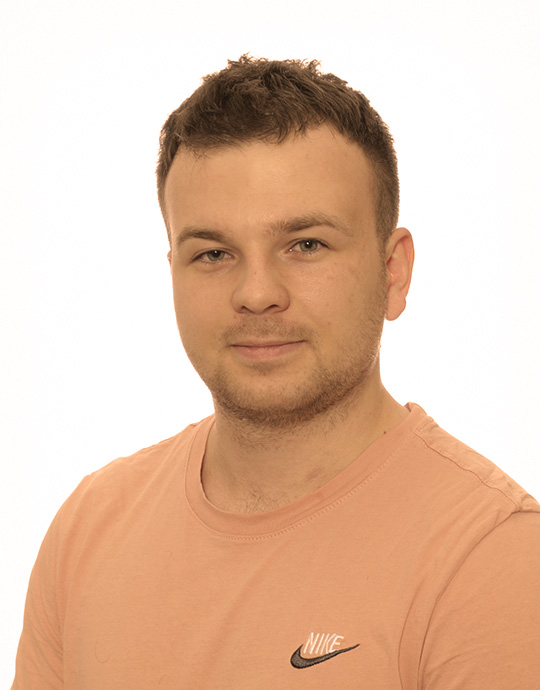

5 ways devs can make game porting easier and avoid costly mistakes
While content volume and code complexity are increasing in games, fewer and fewer game developers need to be technical wizards. Tools like Unity and Unreal Engine have made development more accessible than ever, which in some ways has diluted the overall quality of content, fooling devs into thinking it’s easy.
This means technical issues sometimes go unaddressed — not least when it comes to porting.
Porting isn’t plug-and-play. Putting a game on a new platform can be a long, complicated process, and required a deep understanding of not just different platform requirements but the technical parts of game development itself (for example, how to optimize memory). If different platform requirements haven’t been considered from the very start of development, devs have to scramble to resolve countless issues later, which causes delays, or worse, means games are shipped in poor quality, which frustrates and alienates players. Sometimes even the biggest gaming companies make these mistakes.
As a leading external development company, we at Room 8 Group work with the biggest devs and publishers daily. We excel in porting and optimization, and one of our leading experts is Yoan Aleksiev, our Associate Tech Art Engineering Director.
In this talk, he’ll explain — in simple, clear terms — the best ways for devs to make porting easier in 2025. He would explore:
The use of AI in texture and mesh scaling for the purposes of remastering or optimization
How to effectively utilize hardware resources and optimize content pipelines to ensure seamless porting
How best to manage online-play features in the context of porting
How to make porting easier for games made using custom/proprietary engines
Understanding/considering certification requirements in advance
And more.
Stage: Stage #03
Time slot: 25min


How to run a remote game studio for 18 years
Don't build a startup, create a company instead! Don't know the difference? Let Martin Boháč, founder and CEO of Allodium Games share his recipe for thriving in the brutal ecosystem of super competitive industry we try to work in. Allodium is fully remote since 2016, well ahead of Covid and has a great culture build around it. Let's talk about how to sustain yourself, keep cash in the bank and also your sanity while still loving your job.
Speaker: Martin Boháč (Founder/Creative Director, Allodium Games)Stage: Stage #04
Time slot: 25min


How repeated failure taught me to design games in proportion to my capabilities
Gamedev is full of beautiful success stories that can often overshadow the grim reality. But sometimes it is good to take a few steps back and see how easy it is to fail. I've been a hobby developer for 22 years, working on all kinds of projects. Not only have I never released a single game commercially, I've actually canceled more than 14 projects in those years. But in every failure there is an important lesson.
Speaker: David Konečný (Hobby developer, Dreadline Express)Stage: Stage #06
Time slot: 25min


Graphics profiling and optimization for mobile GPUs in Unity 6
Improve your game's performance, reactiveness and energy efficiency with a few quick steps! This session includes useful tips and tricks for profiling and boosting graphics rendering performance on mobile GPUs using Unity. We will learn how to identify common bottlenecks on mobile platforms, and discover quick ways to maximize performance while minimizing battery consumption, using the new optimizations and tools available in Unity 6.
Speaker: Elad Damian Nachman (Senior Technical Product Manager, Unity Technologies)Stage: Cathedral stage
Time slot: 25min
Summit: Mobile GameDev Forum
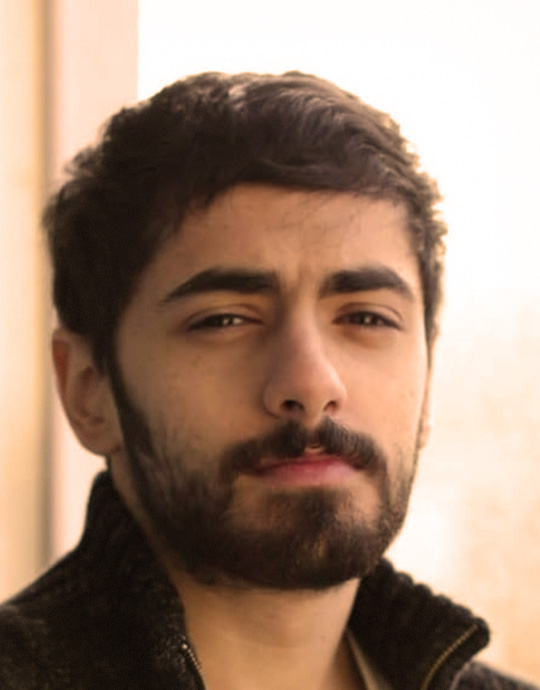

Communications, Creators and Community - How to build a communications plan
This talk will give the audience the foundations to build an effective communications plan, giving insights on which platforms and tools to use and how to harness the power of press, creators and community.
Speaker: Alessandro Fileni (International Communications Manager, Electronic Arts)Stage: Cathedral stage
Time slot: 45min
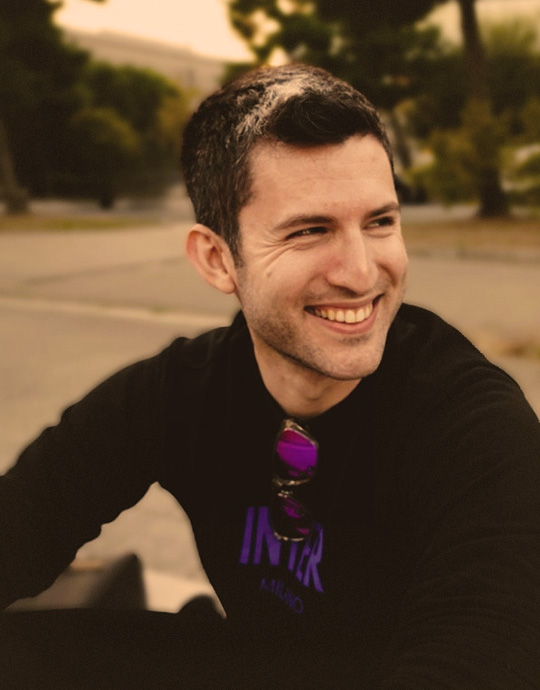

Let’s Make an Online Multiplayer Game without an Engine
In this talk, Tomas will talk about his approach for how to make online multiplayer games using C++. Instead of a game engine like Unreal or Unity he chooses a basic networking library ASIO and shows that game networking does not have to be hard. Through the talk he will develop a simple 2D roleplaying game with an online multiplayer. The talk is primarily aimed at intermediate C++ programmers but everyone who wants to start learning about game networking is welcome.
Speaker: Tomáš Janoušek (Technical Designer, Bohemia Interactive)Stage: Stage #06
Time slot: 45min
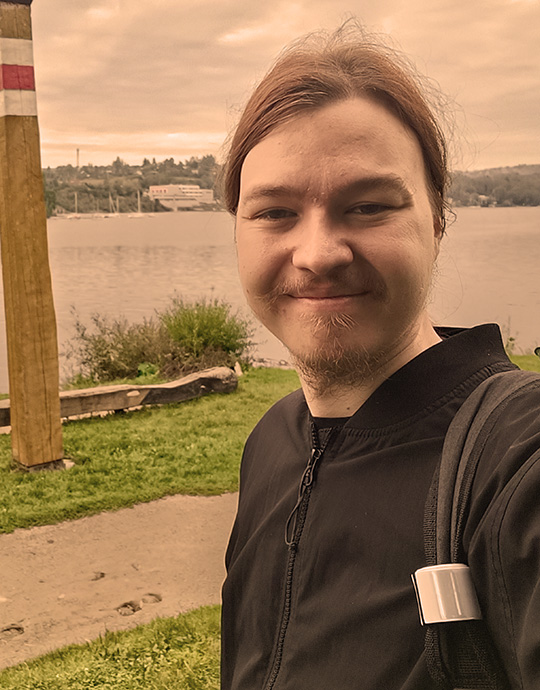

11 Questions for a Great Video Game City
Cities are everywhere in games; from Bloodborne's Yharnam to Disco Elysium's Revachol and from Cyberpunk 2077's Night City to Dishonored's Dunwall, cities are rich, fertile, and memorable gameplay and storytelling stages. They are complex worlds to be explored and savored. They are game levels to be filled with challenges, stories, and characters. They are places to be traversed and played in.
This talk will present its audience with the 11 fundamental questions designers need to answer in order to create believable, immersive, and actually unique urban worlds for their games. Every question will be answered through the lenses of game design, world building, narrative and level design, and will be supported by both real world and video game examples. Additionally, the talk will also cover the basics of designing cities for video games and explain what game urbanism is all about.
These are the 11 questions I will be tackling:
-Where is the city?
-When is the city?
-Why was this city founded?
-How Big is the city?
-Where do people Live and Work?
-How do people and things move around?
-What is the city's Structure?
-What's the Architecture like?
-Can you describe the Society and the city's Theme?
-What Stories does this city tell?
-What Game is this place for?
Stage: Stage #03
Time slot: 45min


Effortless Game Testing with Planning Agents
Decades of research in Planning Agents for autonomous control in Earth’s orbit and Space started to be leveraged in industries on Earth, from healthcare and manufacturing up to automated gameplaying. In this talk, we show how Planning Agents can exponentially reduce efforts in maintaining test scripts, reduce the total time of game testing by an order of magnitude, continually evaluate the cognitive complexity of gameplay, and how automated domain synthesis and large language models minimize the efforts needed for integrating Planning Agents into games at any stage of development.
Speaker: Filip Dvorak (CEO, Filuta AI)Stage: Stage #04
Time slot: 45min
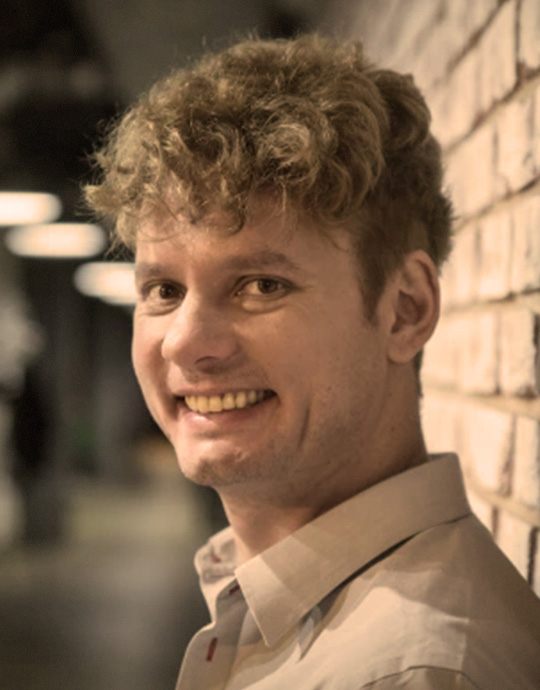

Mastering Onboarding in Mobile Games
Onboarding and first-time user experience is the "make it or break it" moment. If onboarding fails, the new player is immediately lost. With rising costs for acquisition, you can't afford to slack the early gameplay moments. Now you need more than ever to deliver the experience that will make your new players come back.
In this talk, we will talk about "all things onboarding". How to improve the early minutes of your gameplay with takeaways that will help you build a solid foundation for understanding this topic.
Stage: Stage #05
Time slot: 45min
Summit: Mobile GameDev Forum


Demystifying accessibility – identifying best practice and simple implementation for (almost) every game
Considering accessibility of your game may seem like a huge and at times overwhelming task – but it doesn’t have to be. If you want everyone – including disabled gamers – to enjoy your game this talk will provide you with a starting point. I will go over a few simple and straightforward implementations of accessibility by design and accessibility through options or settings that I like to see as a disabled gamer and accessibility consultant. I go over some basic guidelines and point towards resources that are already out there to help you make you games more accessible. I use best practice examples to illustrate some possible solutions for different genres that work for different disabilities. Finally, I will offer some advice on how to plan for accessibility implementation throughout the development process, regardless of studio size or complexity of the project at hand.
Speaker: Anni Pekie (d/Deaf and hard of hearing Barrier Expert, PlayAbility Consultancy)Stage: Stage #04
Time slot: 45min


Levels That Belong in a Museum: Designing for Indiana Jones
In this talk, we'll go behind the scenes of crafting levels for Indiana Jones and the Great Circle. I’ll walk through what goes into building a level worthy of Indy’s legacy, from high-level design goals to the unique restrictions that come with creating levels for such an iconic character in an adventure rooted in history and cinematic pacing. We’ll explore how we translated those goals into immersive gameplay, tackled technical and narrative challenges, and kept the player experience at the centre of every decision. And of course, it wouldn’t be a talk about Indy without puzzles! We’ll dive into how we approached designing puzzles that feel clever, authentic, and satisfyingly solvable, all while keeping the whip-cracking excitement alive. So join me as I share my fieldwork, and if you’re lucky, you might find an artifact of knowledge or two!
Speaker: Dominic Everett-Einarsson (Head of Design, Grip Studios)Stage: Cathedral stage
Time slot: 45min


Serving Player Demand: Creating Content for the Attention Economy
In this talk, Metacore's Game Designer Heikki Joas explores how content captures the attention of players in various forms, and how the different methods of distributing and managing that content have evolved in recent years within the F2P mobile game industry.
Speaker: Heikki Joas (Game Designer, Metacore)Stage: Stage #03
Time slot: 45min
Summit: Mobile GameDev Forum


From Players to Creators: A Guide to User-Generated Content Success in 'Arma Reforger'
In Arma's vast, open world, the path from player to creator is more than just a journey—it's a transformation that reshapes our very approach to game development and community building. This session is set to illuminate the crucial role of user-generated content (UGC) in pushing the boundaries of Arma, underlining its invaluable impact on fostering a robust community, the marvels of modularity, and ensuring the game's persistent charm.
The speakers navigate the intricate process of how UGC morphs ordinary players into architects of their own adventures. You'll get an insider look at how we craft Arma's expansive sandbox tool set and tackle the unique challenges that emerge when players tinker and toy, modding the game into uncharted territories. The goal? So that you can learn from our playbook of trials, and construct your own Lego empire for your players.
Stage: Stage #06
Time slot: 45min


Pitfalls of patching Kingdom Come: Deliverance
During the development of KCD1 and KCD2, we encountered many unexpected issues related to updating or adding content in game patches or DLCs. I will showcase some of these issues, that are not unique to KCD but apply to many open-world RPGs.
Speaker: Martin Labuť (AI Programmer, Warhorse Studios)Stage: Stage #05
Time slot: 45min


From Theory to Practice - Level Up Legally - A Workshop for Indie Game Makers, Producers or Students
[This workshop is focused on the Czech and EU legal system and will be conducted in the Czech language, unfortunately filled with twisted legalese.]
Smyslem tohoto workshopu je seznámení se s aktuálními problémy v rámci gamedev, včetně návodu, jak se těmto problémům vyhnout.
Stage: Stage #07
Time slot: N/A


Finished stories for endless games
How do you write the story of a game that could be replayed forever? How do you build a game narrative that can hold multiple playthroughs and updates? How do you plan your stories and characters ahead?
These questions have been on my mind since I started working on roguelike games such as ASTRAL ASCENT and WINDBLOWN. A story is about change, about movement. But some games cannot afford changing too much.
In this talk, we will explore how to set up your world, your characters and the your story to support a "forever game". We will discuss about how lore is important, but also a very dangerous zone where a lot of writers and designers end up wasting time and energy. We will also explore the risks of using Hades as your benchmark and why narration is often not the best way to reward your players.
All this will come from personal experience as well as knowledge shared by the writing community. We want this talk to be quite accessible to everyone interesting by storytelling. The idea is to leave this talk with ideas, solutions, and a list of red flags you want to avoid as much as possible.
Stage: Stage #06
Time slot: 45min


From Concept to Comeback: The Evolution of Crime Boss
The talk explores the journey of transforming a video game concept into a successful product, from idea inception and refining the vision to prototyping and overcoming development challenges such as missed deadlines, shifting goals, and complex bugs. Despite initial poor reviews, 15 regular updates over 27 months ultimately turned Crime Boss: Rockay City into a well-reviewed success.
Speaker: Jarek Kolář (CEO, INGAME STUDIOS)Stage: Stage #03
Time slot: 45min


Crafting Musical Identity: Designing Custom Instruments for Games
Most game music today is created using commercially available sample libraries, presets from virtual synthesizers, or even hardware synths. The primary reason for this is the accessibility of these tools and their ability to meet tight deadlines and budgets. These tools also enable composers to present their musical ideas to decision-makers without incurring the costs of actual recordings, which is great for the business. However, this trend has led us to a point where much of the music sounds the same and lacks originality.
But what if we could create our own virtual instruments, samples, and presets, designed specifically for our new game? The good news is, we can—and the perfect time to do this is at the beginning of game production. While the rest of the team focuses on level design, asset creation, or story writing, composers often find themselves with relatively little to do beyond creating early demos. This downtime is an ideal opportunity to experiment and develop a unique instrument palette for the game.
The aim of this talk is to share techniques with composers, sound designers, and anyone interested in the game music production process for creating new, original sounds that no one else has. The presentation will emphasize musical sound design, starting with recordings of musical instruments and non-musical found objects to build a custom library of sound sources. It will then cover various audio processing techniques to transform these samples into intriguing textures and single sounds, which can ultimately form the basis of custom virtual instruments.
The technical discussion will be complemented by examples of scores I composed for various games using original sounds specifically designed for those projects. The goal of this talk is not only to remind everyone that there’s so much more beyond presets but also to inspire—especially younger creators—to find their own voice and unique sound. And finally prove that it all adds a creative and artistic value to the games we create.
Stage: Stage #05
Time slot: 45min


When the combat system fights back
- A lecture on creating a combat system for our upcoming game Kromlech.
- Insight into the challenges of how complex it is to build a completely new
combat system from scratch and how many issues one must solve and overcome
when trying to innovate and create something new.
- Dead ends, technologies, processes, and skills learned along the way.
Stage: Stage #04
Time slot: 45min


Raising an army of Skeletons: Building the animation rigs for Hades 2
The talk will cover how we went about building a multitude of rigs for Hades 2, talking a bit about the pipeline and structure, as well as covering some more interesting setups used in the rigs.
Speaker: Raveen Rajadorai (Technical Artist, Supergiant Games)Stage: Cathedral stage
Time slot: 45min
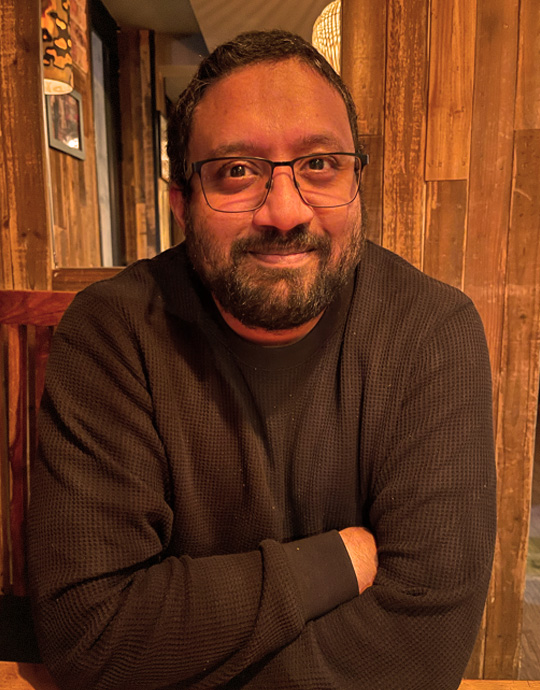

Behind the Trailer: How to Tell Your Game’s Story in Minutes
Game trailers are vital for attracting both players and investors. They capture a game's essence, generate excitement, and drive interest. As the first impression, trailers set expectations and influence decisions.
In this discussion, we will explore how effectively trailers boost marketing, enhance game visibility, and appeal to gamers and investors alike. Using examples and case studies, we will highlight key elements of successful trailers and share best practices for creating engaging, impactful content.
Stage: Stage #03
Time slot: 45min




Mental health: how to navigate stressful situations
Based on experience from game developers and years of work with teams, hear how patterns and cycles can transcend companies and positions. Let’s take a deeper look at what people consider normal in game dev and how this can affect your mental health and the mental health of your colleagues. Learn what you can do early on to identify and navigate possible stressful situations and environments, as well as clowning around.
First, let’s take a look at how change takes time and effort - especially within teams. Then, we dive into the cycles and patterns that can cause stress, burn out, false urgencies, collective pressure, and the overall normalization of these instances. Not to worry, you can learn how to approach these situations! Ultimately, change comes when you pause and take a breather - this is where you can help make a better future for you and everyone around you.
Stage: Stage #04
Time slot: 45min


Statní fond audiovize
Please note that this talk will be held in Czech.
Základní informace o fungování nově vzniklého fondu a jeho podpora v herním průmyslu.
Stage: Stage #05
Time slot: N/A


Our quest to bring location-based VR to home VR
We're going to talk about our journey in the VR industry.
Starting with building games for our location-based VR arenas, transitioning into home VR development with our latest title, Aim Assault.
We'll cover lessons learned in gameplay design, development workflows, and Quest-specific optimization.
Stage: Stage #06
Time slot: 45min
Summit: Future Tech Summit
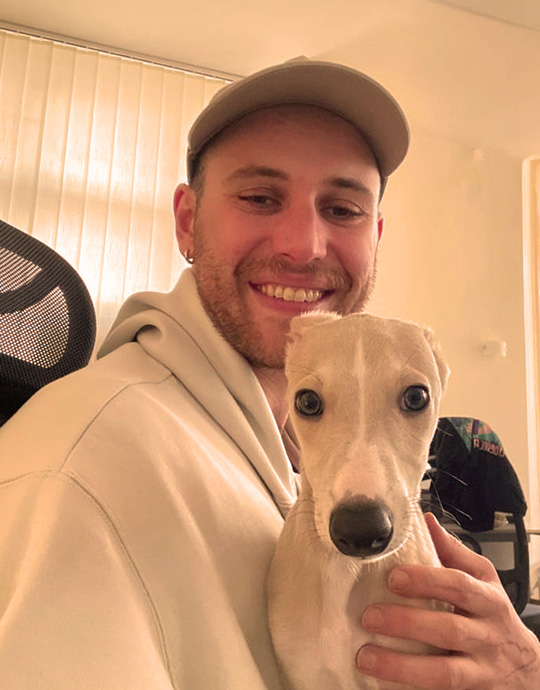

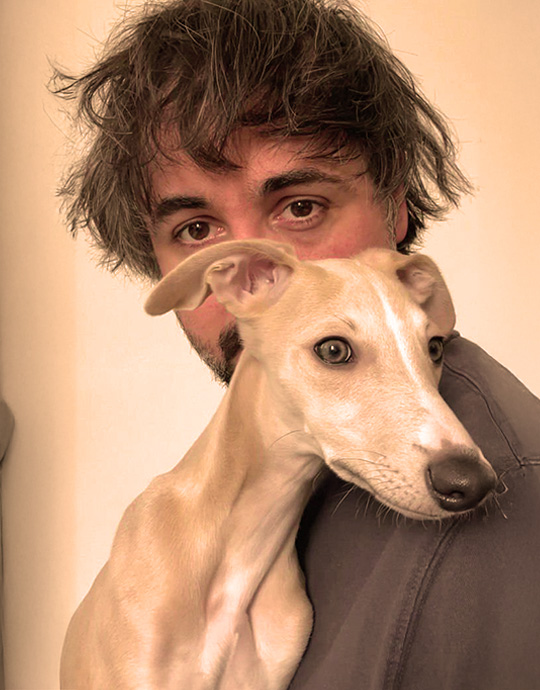

Game Access Awards
Let's support and reward the best of our Indie teams in categories of Best Game, Best Art, and Best Gameplay. And yes, you can vote too!
Speaker:Stage: Cathedral stage
Time slot: N/A
